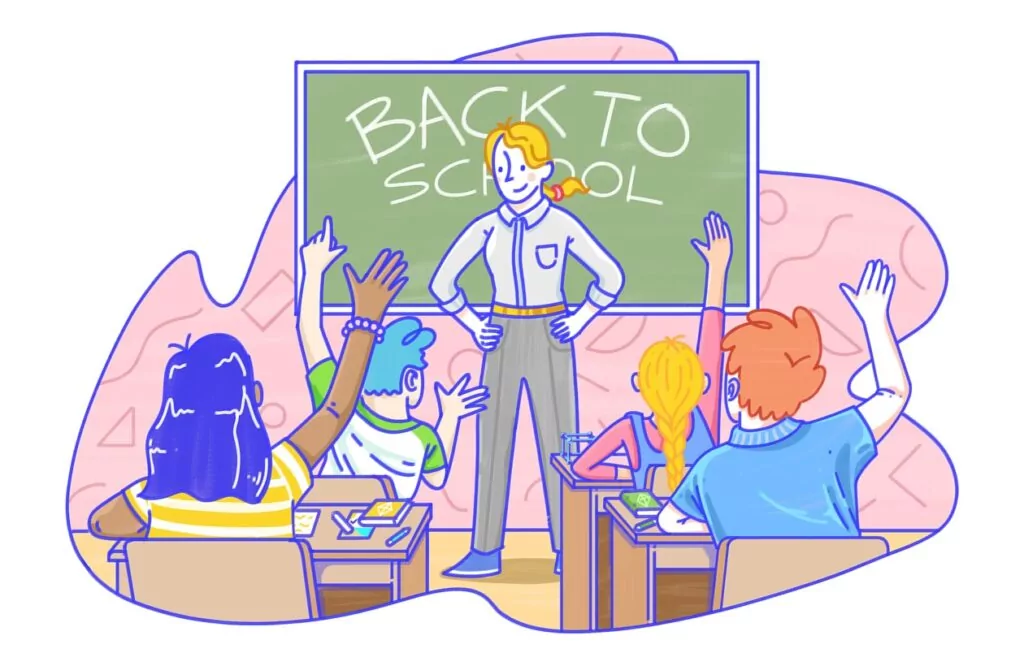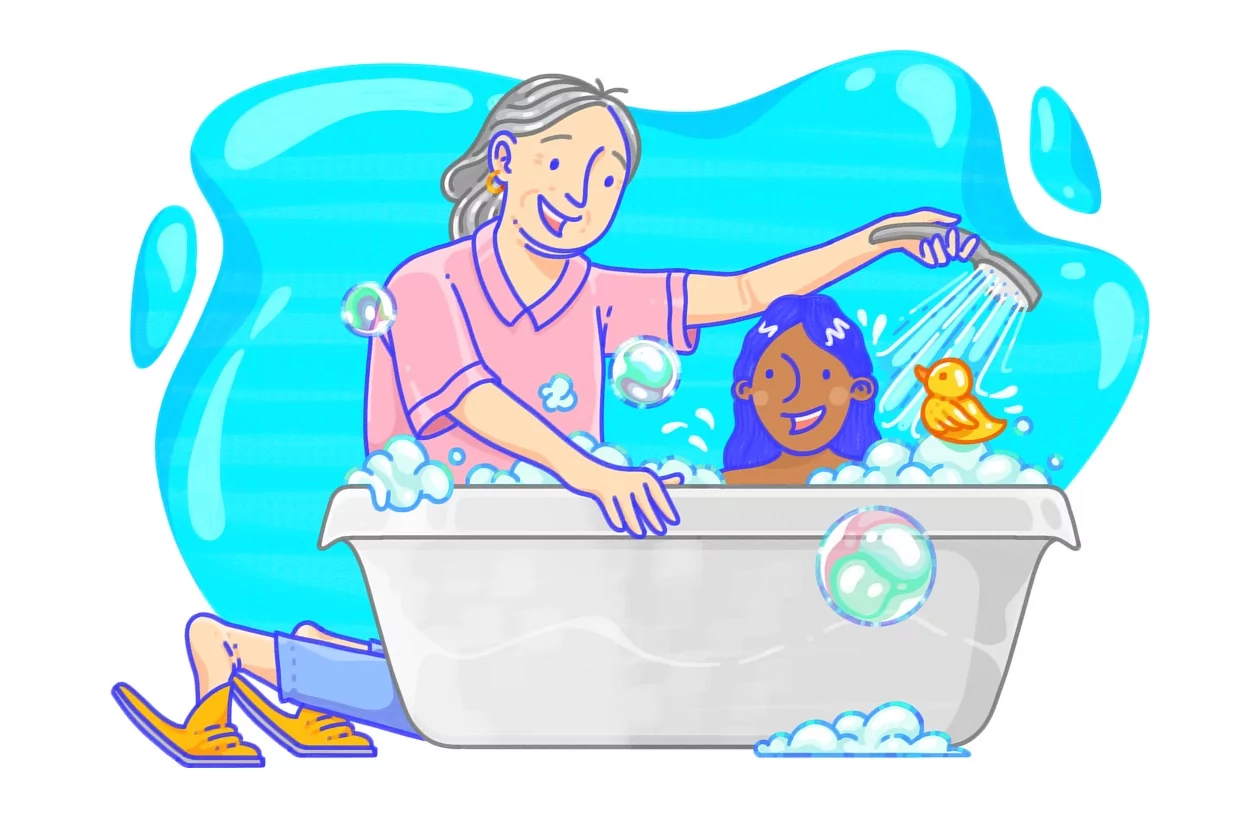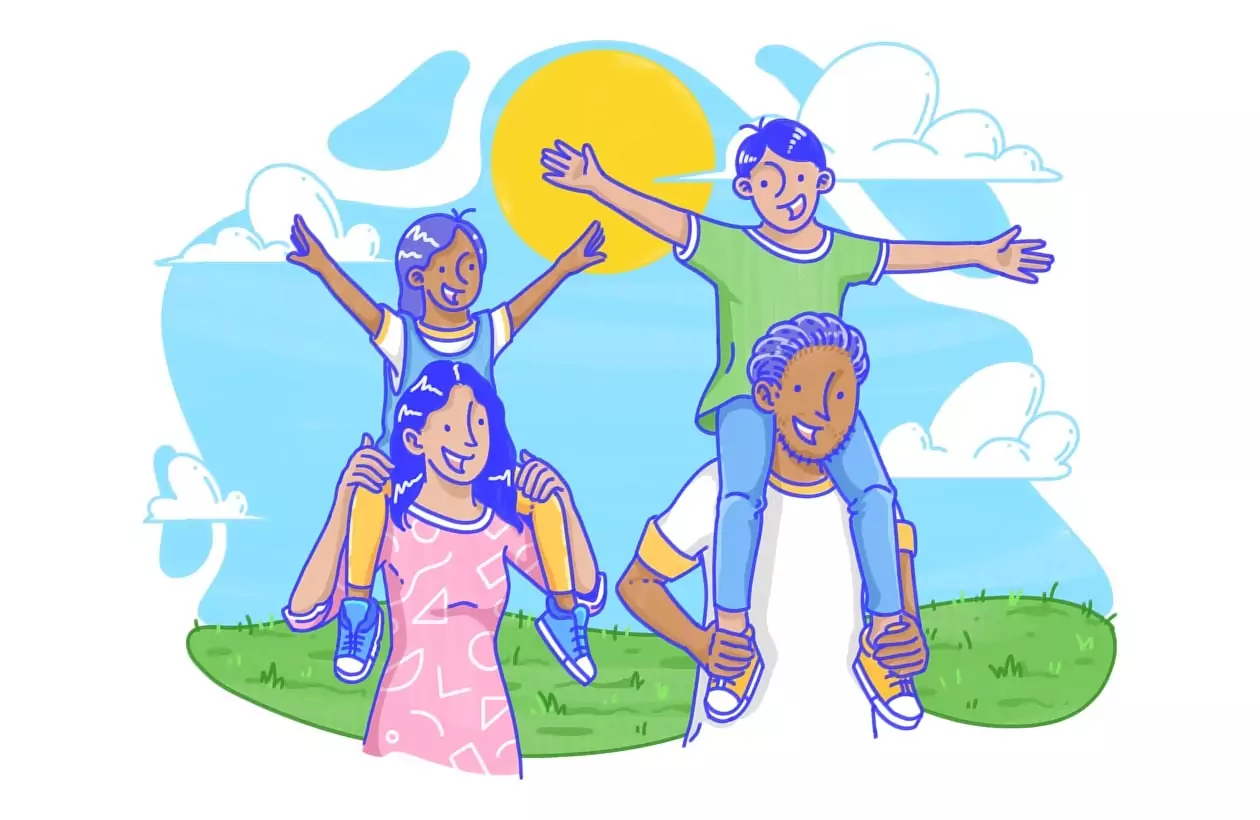Figuring out how to talk to people in your life about CPP can feel pretty difficult. No matter how well-meaning people may be, sharing your child’s diagnosis can leave them unsure of how to support or interact with your kiddo. As the new school year approaches, you may be wondering how to discuss such a sensitive topic with your child’s teacher, coach, social worker, or principal about their CPP diagnosis.
Having CPP means your child may be taller or more physically developed than their schoolmates, which can lead to insensitive comments (from adults as well as other children) and could make them a target of bullying. Behavioral issues in the classroom such as rudeness may be caused by the condition and not a result of intentional disrespect. It’s important to communicate with your child’s educators so that they are informed about what is happening and know how to handle these situations if they arise. Here are a few simple guidelines to make it easier to talk to your child’s school and give them the support they need in the new school year.
Be Prepared
Before meeting with anyone at your child’s school, do some prep work. By creating a meeting agenda you can maximize your time and ensure you cover everything you need to discuss. Remember that opening up about CPP can be emotional so it can be easy to get distracted or forget what you want to say. So if you get upset or nervous, your agenda can keep the conversation on track.
Be prepared for questions, too. Think about the questions you had when you first learned about CPP and try to anticipate others so you can answer them. If you have questions of your own, feel free to bring them up! Working with a child with CPP will likely be unfamiliar territory, so keep an open dialogue.
Schedule a Meeting
Some conversations need to happen in person, and this is one of them. Meeting face-to-face will give you an opportunity to respond to questions and have a back-and-forth discussion. When trying to get something on the books, keep the teacher’s schedule in mind, as they can be swamped at the beginning of the school year. Find a time that works well for both of you to sit down and chat.
Build a Relationship with the Teacher
A positive relationship with your child’s teacher and other educators can help your child be more successful inside and outside the classroom. Even if you disagree with them or have different communication styles, you both share a commitment to your child. So find a way to build a partnership with them as two people who care for your child. Remember, teachers are your allies here!
Make a Game Plan
During your meeting, make a game plan on how to handle potential challenges that CPP could incite. The physical changes and discomfort of puberty could make your child a target for bullying and emotional changes such as mood swings might result in disruptive behavior in the classroom. Often, simple adjustments can help children with CPP feel safe and more confident in school. Don’t be afraid to ask your teacher about special accommodations. Both you and the teacher should leave feeling confident about how these situations can be handled.
Schedule a follow-up meeting to continue your conversation and check-in. As a teacher spends more time with your child, they may come up with additional questions or insights. Keep the lines of communication open with both your child and the educator to figure out what is working and what isn’t. Then, when you meet again, you can make adjustments to keep your kid comfortable and protected.
Having vulnerable conversations about your children may not always be easy, but fostering a community of support for your child is worth it. Bring additional resources to give your teacher such as this article on How to Emotionally Support Kids Through Early Puberty or this one on CPP’s Impact on Schooling so that they can do their own reading and research. Remember: You got this!
TPI.2022.3300.v2 (v2.0)




